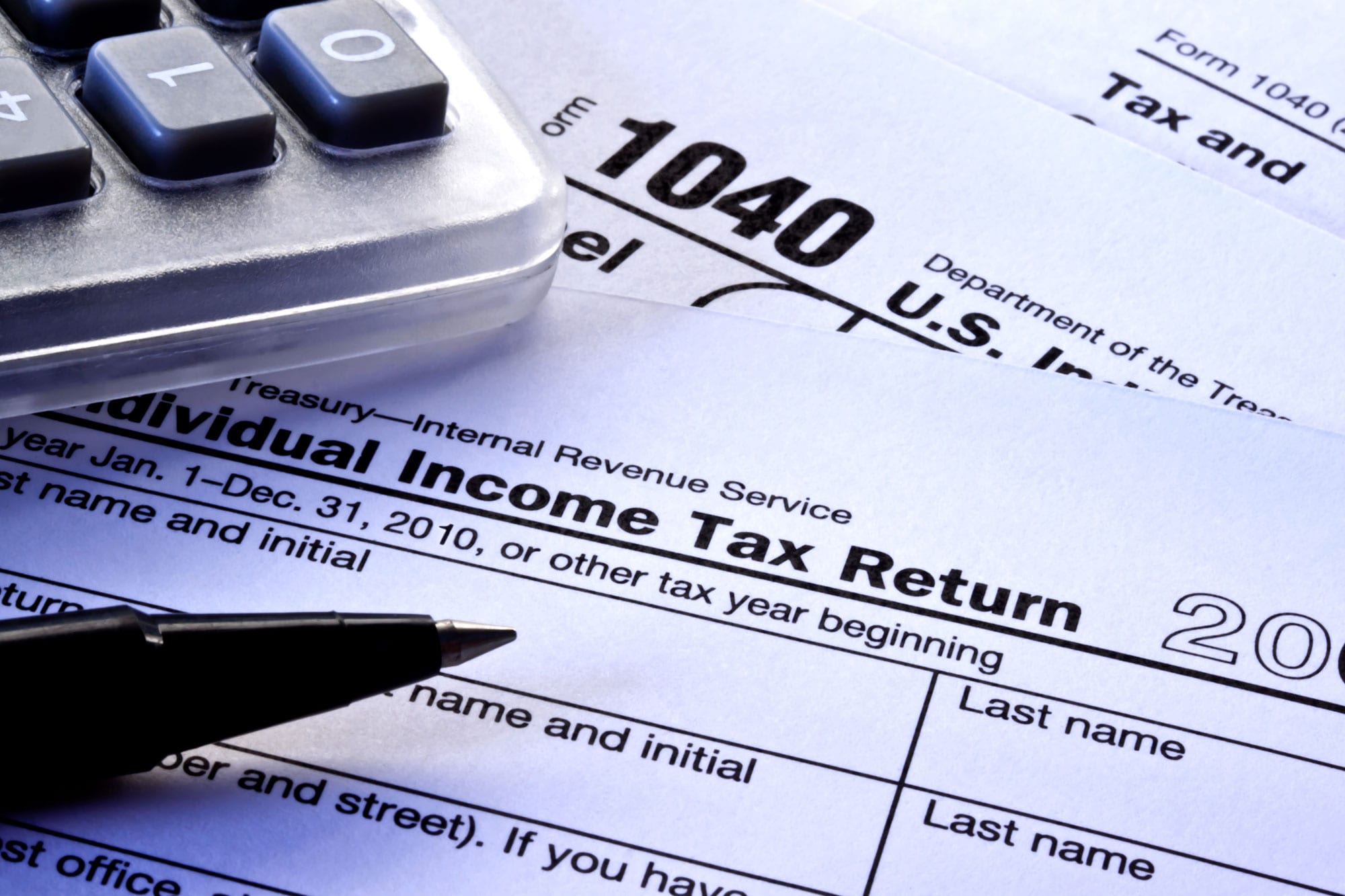Renters Insurance Guide Home Insurance Explained
One more distinction between proprietor insurance and property owners insurance coverage is price. Even if a lending institution doesn't require proprietor insurance policy, it can be a sensible economic choice to purchase protection. States don't require proprietor insurance, yet it's still an excellent concept to see to it your financial investment is adequately covered. The higher the worth of your rental home, the larger this amount will certainly be. Make certain the sum guaranteed is enough to rebuild your home, instead of focusing on its market Truck insurance value.
That Pays Structure Insurance? Property Owner Or Occupant?

- For buildings insurance policy, it is necessary that the sum insured is at least equivalent to the forecasted restore expense of your property.Again, no-one can force you to obtain lessees' obligation insurance policy, yet if there is damage to your property owner's building your materials insurance will not cover it.A typical fear among occupants is their possessions being stolen in the event of a break-in.It is designed to secure the property manager versus economic losses caused by events such as fire, flooding, or tornado damages.With many different insurance choices offered, it can be hard to know precisely what kind of insurance coverage you need.
Lessees require this type of cover because the insurance coverage your property manager holds doesn't cover your stuff-- meaning you can be out of pocket if something takes place to it. Landlord insurance policy is included as an allowed expenditure on your self-assessment income tax return or your corporation tax return if your property is run through a minimal business. This is because the proprietor will typically organise this insurance coverage for the entire structure, with each property owner adding towards the cost through a regular monthly cost. It is very important to take a look at a service provider's exemption list prior to taking out a plan, in case something you call for isn't covered by that carrier. For instance, a plan can cover you for an optimum of ₤ 2,500 monthly with a legal expenditures limit of ₤ 50,000. This is most likely to include all furniture and home appliances you provide for your occupants.
What Does Landlord Insurance Coverage Cover?
The term 'components' refers to anything that isn't part of the structure's framework and includes things like carpets, drapes, soft goods and furnishings along with personal possessions. The important thing to note is that if something is possessed by the property manager, it is the property manager's responsibility to insure it-- if she or he picks to do so. If the things come from the lessee, the proprietor has no commitment to guarantee them. That's why there are specific insurance coverage for renters which exclude the unneeded buildings cover and often concentrate on mobile personal belongings. This covers lawful costs and payment cases made by third parties, such as lessees or site visitors, who are injured while on your property. When you have property owners' responsibility cover, you are guaranteed up to the recommended amount.
In addition to structure insurance policy, you can likewise think about other kinds of cover as component of your overall landlord insurance policy. Components and installations in your investment residential property will typically be covered by your main buildings insurance. plan. In that sense, landlord insurance resembles a typical structures insurance policy you could carry your very own home. Yes, property manager insurance coverage can repay you for lost rental revenue if you can not lease the device as a result of damages brought on by Browse this site an issue covered by the policy. The national typical expense for $350,000 worth of property owners insurance policy protection is $1,582 yearly, according to a Forbes Expert analysis of home insurance policy costs.
Yet landlord insurance policy supplies added insurance coverage a property manager might need. This could mean damage from fire, flooding or perhaps harmful damage brought on by the owners. Every insurance supplier is different, so you'll need to examine which kind of damage this covers.
